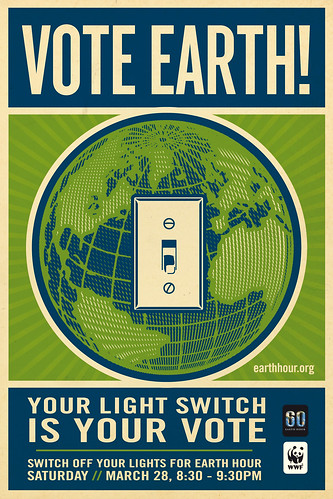The ancient Chinese Philosopher Zhuangzi (369-286 BC) proposed the concept of “the harmony between the universe and the human”, which was developed by Dong zhongshu (179-104 BC) afterwards. Confucius and Taoists believe the theory that the universe is nature, and human beings are integral part of nature; there exists correspondence between man and nature, and man should live harmoniously with the environment.
At about 500 BC, Chinese people already developed sophisticated technique of smelting cast iron, 2000 years earlier than the Western world, however, the technology and heavy industry had been intentionally obstructed in China, because people felt technology would destroy the natural environment bestowed by heaven, until 1840, they were awaken by the Western world’s guns and cannons.
Nowadays, while we enjoy all the benefit of technology and science, and utilize the natural resources for our survival, comfort and pleasure, we have also created weapons of destruction and disturbed the natural balance of our earth to a dangerous level. Someday, we may create a world unfit for human habitation any more.
 Earth Hour is an annual international event created by the WWF (World Wide Fund for Nature/World Wildlife Fund), held on the last Saturday of March, that asks households and businesses to turn off their non-essential lights and electrical appliances for one hour to raise awareness towards the need to take action on climate change. Today, March 28, at 8:30 p.m., hundreds of millions of people around the world will turn off their lights in a global "vote" for action on climate change. Earth Hour is a symbolic event to raise awareness.
Earth Hour is an annual international event created by the WWF (World Wide Fund for Nature/World Wildlife Fund), held on the last Saturday of March, that asks households and businesses to turn off their non-essential lights and electrical appliances for one hour to raise awareness towards the need to take action on climate change. Today, March 28, at 8:30 p.m., hundreds of millions of people around the world will turn off their lights in a global "vote" for action on climate change. Earth Hour is a symbolic event to raise awareness.
Click here to sign up for Earth Hour.
It is just one hour, but we can do more from our daily activities:
• Be mindful of our actions and interactions with our environment: What are we doing? What are the effects? Can we do better?
• Live simply: let go of all the unnecessary attachments, spend our time, energy and money on things truly matter.
• Conserve everything we use: use all forms of energy efficiently, do everything more effectively, not waste things we use.
• Enjoy and appreciate nature: watch the sky, listen the birds, enjoy the flowers, wade in the tides. When we truly love the nature, we would avoid doing things to harm it.
• Make clean choice: buy clean products, recycle things, be environment conscious all the time. Collective changes are made up of many small, individual changes.
• Develop a green spirituality: grow our ecological mindfulness, feel our connections to all the living things, live harmoniously with our environment.
We human are an integral part of one great living system. We are part of the earth; the earth is part of us. Love the earth we live on; each of us can contribute our positive efforts to change the world.